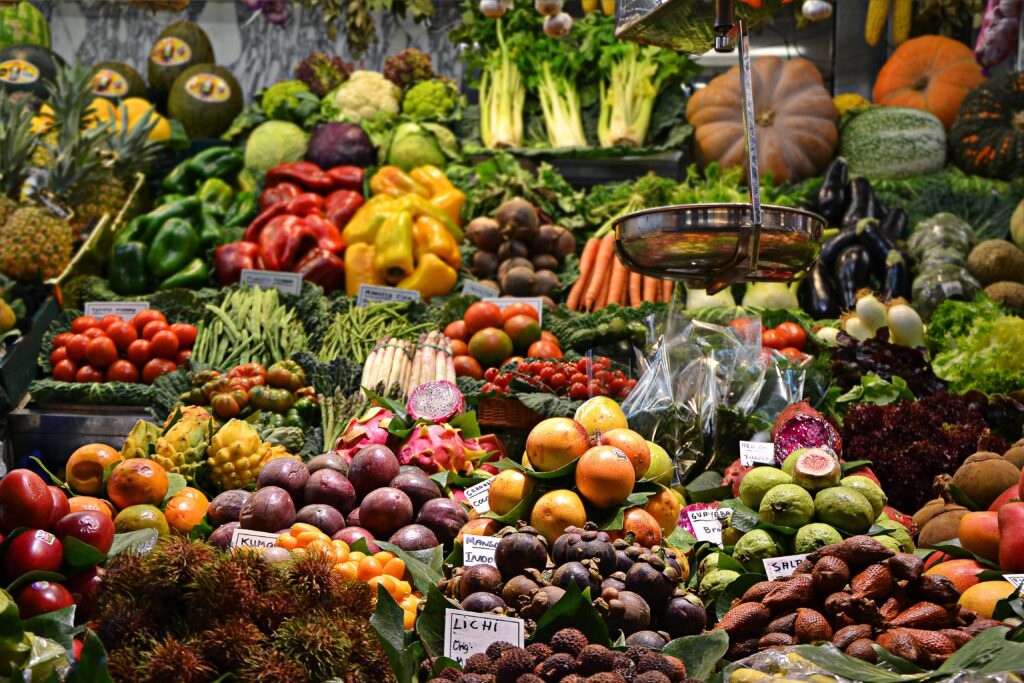A new study has found that an ‘anti-inflammatory’ diet of fruit, vegetables, legumes, tea and coffee lowers the risk of developing dementia later in life by a third.
Dementia is a general term for disorder of the mental processes caused by brain disease or injury and marked by loss of memory, language, problem-solving; personality changes and impaired reasoning that are severe enough to interfere with daily life. Alzheimer’s disease is the most common cause of dementia.
Worldwide, around 55 million people have dementia, with over 60% living in low- and middle-income countries. As the proportion of older people in the population is increasing in nearly every country, this number is expected to rise to 78 million in 2030 and 139 million in 2050.
Published in Neurology, the medical journal of the American Academy of Neurology, the new research was based on the premise that ageing is characterised by a functional shift of the immune system towards a pro-inflammatory phenotype – an imbalance which has been associated with cognitive decline and in the onset of dementia.
The study found that a cup of tea, a morning coffee and fruit, vegetables and legumes such as lentils and chickpeas, all contain healthy plant compounds that help to combat age-related inflammation in the body which can increase the risk of dementia.
“There may be some potent nutritional tools in your home to help fight the inflammation that could contribute to brain ageing,” said study author Nikolaos Scarmeas, MD, PhD, of National and Kapodistrian University of Athens in Greece, and a Fellow of the American Academy of Neurology.
“Diet is a lifestyle factor you can modify, and it might play a role in combating inflammation, one of the biological pathways contributing to risk for dementia and cognitive impairment later in life.”

The study rated the diet of 1,059 people in Greece with an average age of 73 who did not have dementia and then tracked them for an average of three years.
Those with the most anti-inflammatory diet consumed around 20 pieces of fruit, 19 servings of vegetables, four servings of legumes and 11 cups of coffee or tea in the average week. Compared to this group, those with the least anti-inflammatory diet were three times more likely to get dementia.
The study authors are hoping that the findings might assist in the development of primary dementia preventive strategies through tailored and precise dietary interventions.
‘These findings suggest that people could protect their brains by eating more healthily,” explained Dr Scarmeas.
“As people can change their diets, they might want to think about eating anti-inflammatory foods like fruit and vegetables and avoiding more inflammatory choices like very high-calorie foods,” he advised.
The observational study, demonstrating an association between eating an anti-inflammatory diet and the prevention of brain ageing and dementia, has been supported by the Alzheimer’s Association, the European Social Fund, and the Greek Ministry of Health and Social Solidarity.
“Our results are getting us closer to characterizing and measuring the inflammatory potential of people’s diets,” said Dr Scarmeas. “That in turn could help inform more tailored and precise dietary recommendations and other strategies to maintain cognitive health.”
Read also: Olive Oil: The Secret Ingredient in Curing Alzheimer’s


